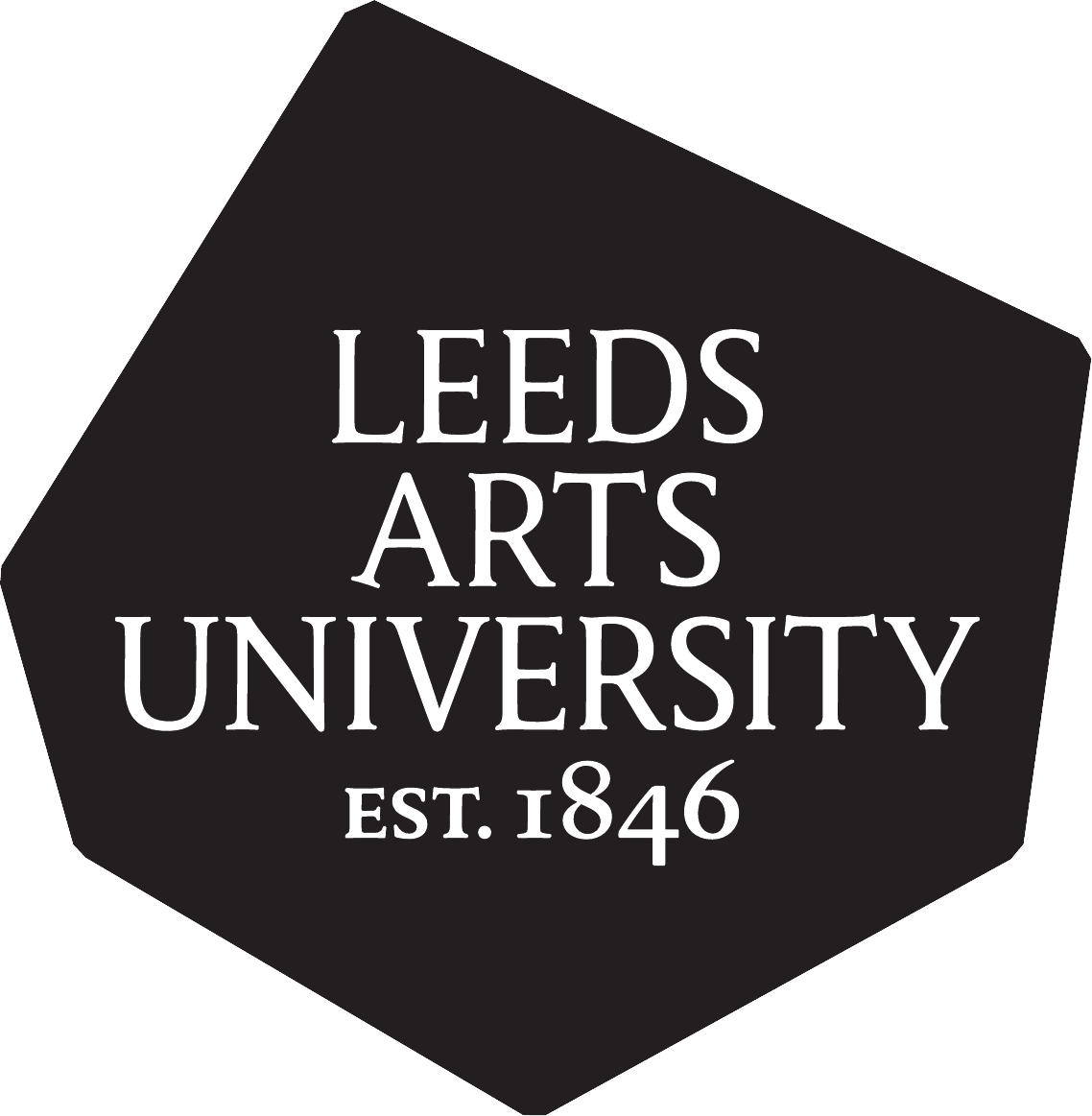The Art of surviving and thriving’ why do mature learners matter?: presenting a progression framework for mature learners in the arts
Baines, Martell 

Abstract
This paper ‘The Art of surviving and thriving’ is set in the context of higher education in a specialist arts university. With the challenge of mature students’ ‘unconventional educational histories’ (Broadhead 2012, 2018) a multi-layered progression framework is presented. This offers support for mature learners from Access to HE to Postgraduate education. It draws upon findings of Broadhead’s earlier doctoral research of Access to HE Arts students, one to one interviews to gain the students’ voices and examines current WP practice interventions in access, outreach and the student experience that facilitates a pathway into undergraduate and postgraduate study. Mature Learners make a valuable contribution to the art and design community in higher education. However many have been dissuaded from studying this subject area and at this level when younger. They have come to study the arts later in their lives. Mature learners come to higher education from diverse backgrounds and capacities. There are many social, cultural and economic reasons for their delayed entry into higher education. Although many mature students will have actively sought informal art and design education opportunities in short courses, gallery museum engagement and community settings before coming to Higher Education. They arrive with alternative qualifications, a wealth of prior experience and skills that they may not at first recognise as valuable to contribute to their success. The learner brings with them ‘phronesis’, their practical wisdom and earlier acquired experiences. They have succeeded to navigate a myriad of barriers and difficulties, such as careers, caring responsibilities, mental health, finance and confidence to enter into their course of study. Once on undergraduate study, the mature learner is in danger of feeling marginalised in the predominantly younger student cohort. This results in lower satisfaction responses in the National Student Survey, they are less likely to be happy with the Student Union, much more critical of the organisation and management of their course. Alternative pedagogies and student support mechanisms have been put in place across the whole student lifecycle. These interventions have had to be designed to be appropriate for mature learners, to accommodate their needs throughout their whole educational journey. Our approach is underpinned by the recognition and celebration of their particular strengths and aptitudes and addresses academic, socialisation and participatory aspects of their student experience. The resulting progression framework that is presented, of student focused interventions, that addresses the whole student lifecycle. Support and opportunities have been put in place for them in pre-access, further education, undergraduate and postgraduate stages so they can become successful creatives. The key to the success of these practical interventions is that they are cross institutional strategies; timely, accessible and flexible, but importantly also focuses on the individual needs of the student. In turn the student as alumni of the university then contributes to the cycle of education for others they encounter in their sphere as influencers, as their contribution back to their community and in the public realm by their advocacy for the Arts.
Actions (login required)
 |
Edit Item |

